Last Updated
This Monday, The Ministry of Public Health in the Dominican Republic reported 107 new cases of Covid-19, with one death, in the last 24 hours.
There are currently 536 active cases in the country. According to the National Epidemiology Directorate, the total number of deaths in the region to date totals 4,377.
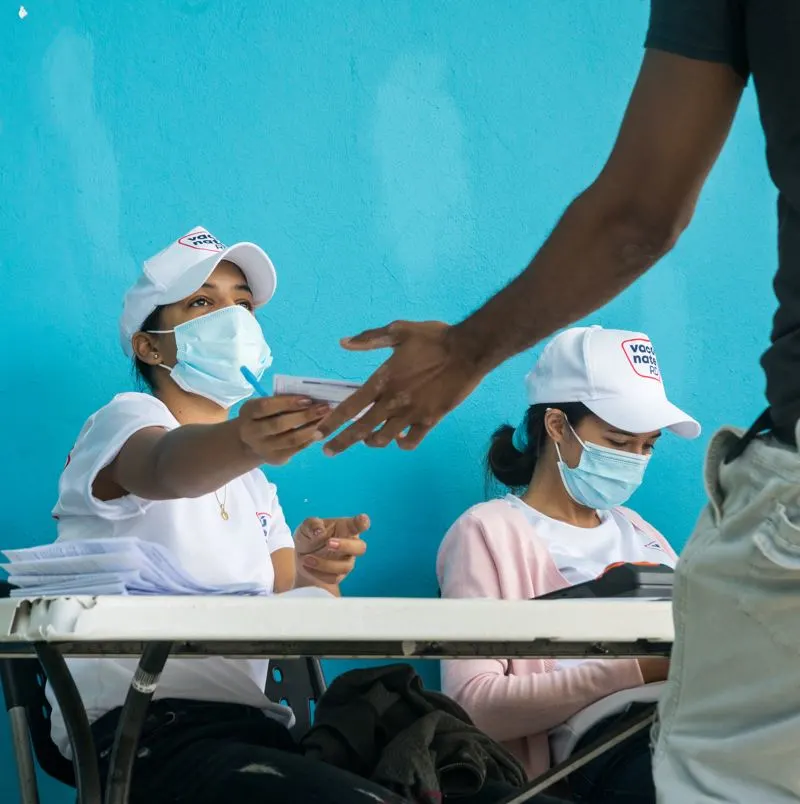
The majority of positive cases are concentrated in three provinces: the National District (93 cases), Santiago (24 cases) and Santo Domingo (17 cases). The provinces of Cristobal, Duarte, The Vega, Perua, Mirabel Sisters, Sanchez Rameriz and San Jose de Ocoa have all registered less than 2 positive cases each.
Tourists should be aware that the increase in positive cases of Covid-19 has led to some hospitals and surgeries taking up restrictive measures again, to prevent the disease from spreading further.
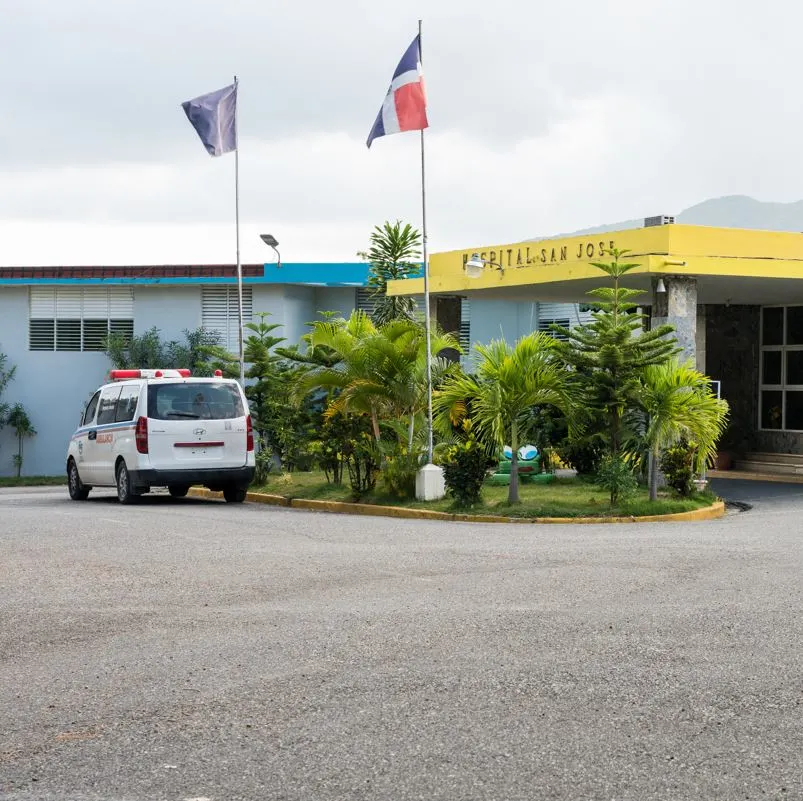
A spokesperson for the Metropolitan Hospital of Santiago (HOMS) stated: “ You are hereby informed that we will once again resume all the Covid-19 restriction measures, because Covid cases have increased in the country, and we must protect our users”.
Whilst this hospital does not currently have a positive case of Covid-19, they are taking pre-emptive measures to ensure their staff are well protected as the rate of positive infections rises again.
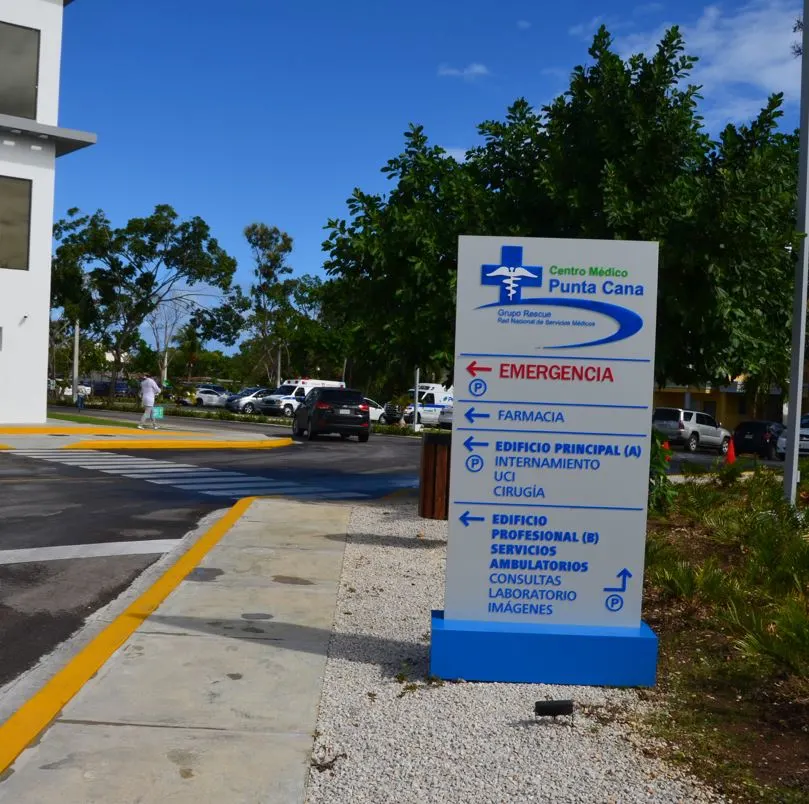
Currently, hospital occupancy in the country is only at 0.4%, but this is expected to increase dramatically if restrictions are not followed.
The increase in positive cases is thought to have come from tourists who have recently travelled to the Dominican Republic, both from the U.S and Central American countries. This was maintained by Dr. Pedro Manuel Felipe Rivera, the director of the Provincial Directorate of Health in Santiago, who stated: “People who are vaccinated have a much better immune response when the virus enters their body”.
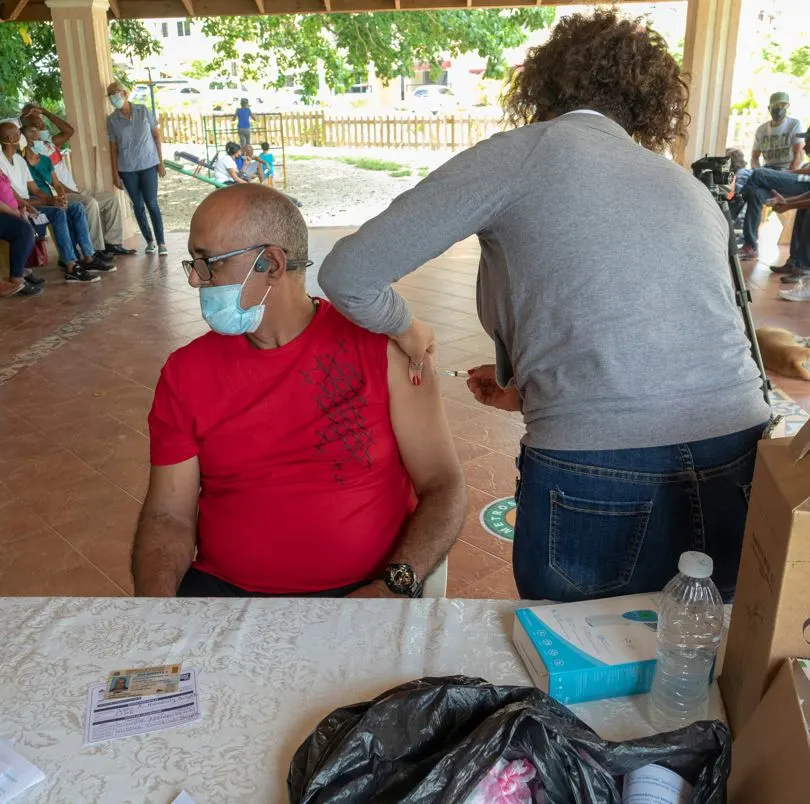
At this time, the Omicron strain of coronavirus (also known as BA 2.12.1 variant) is thought to be spreading throughout the Caribbean and Central America. The symptoms are thought to be milder than other variants of the virus, but they can still cause hospitalisation.
Tourists and Dominicans alike have been concerned about the rising rates of positive Covid infections since early April. This recent Easter period was an especially busy time for tourism in the Dominican Republic, with a near-record number of international travellers holidaying on the sun-soaked island.
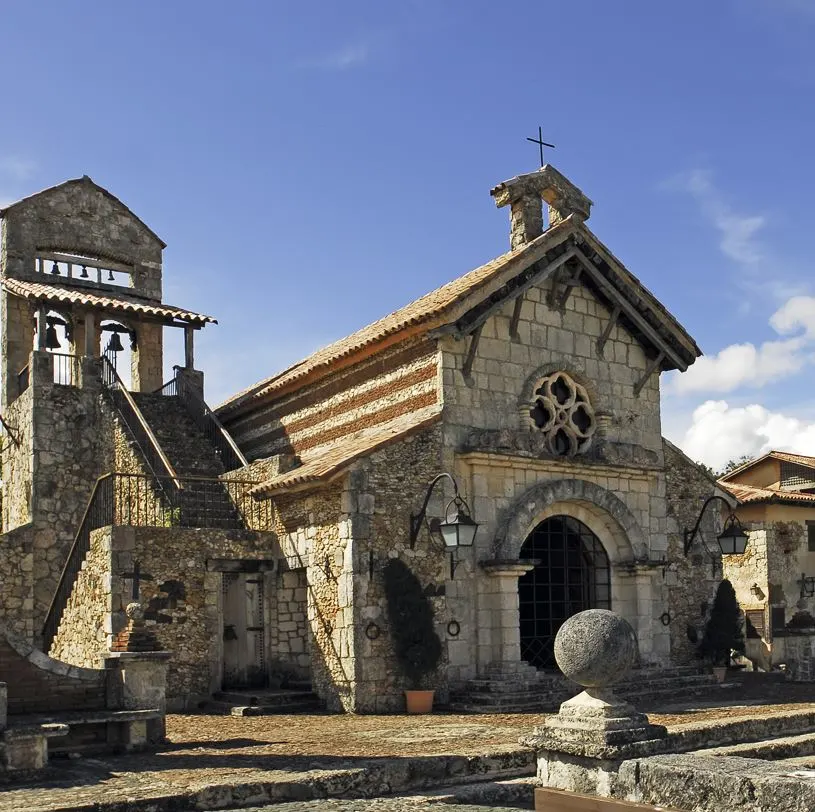
Dominican health authorities feared that this could lead to a high rate of infection, due to potential new varients entering the country.
The Easter holiday also led to locals spending an increased amount of time in close contact with family members indoors, which had the potential to spread the virus at a faster rate than before.
As of April 20th, the U.S Government’s Travel State Advisory has placed all travel to the Dominican Republic at Level 2, where travellers should operate with ‘increased caution.
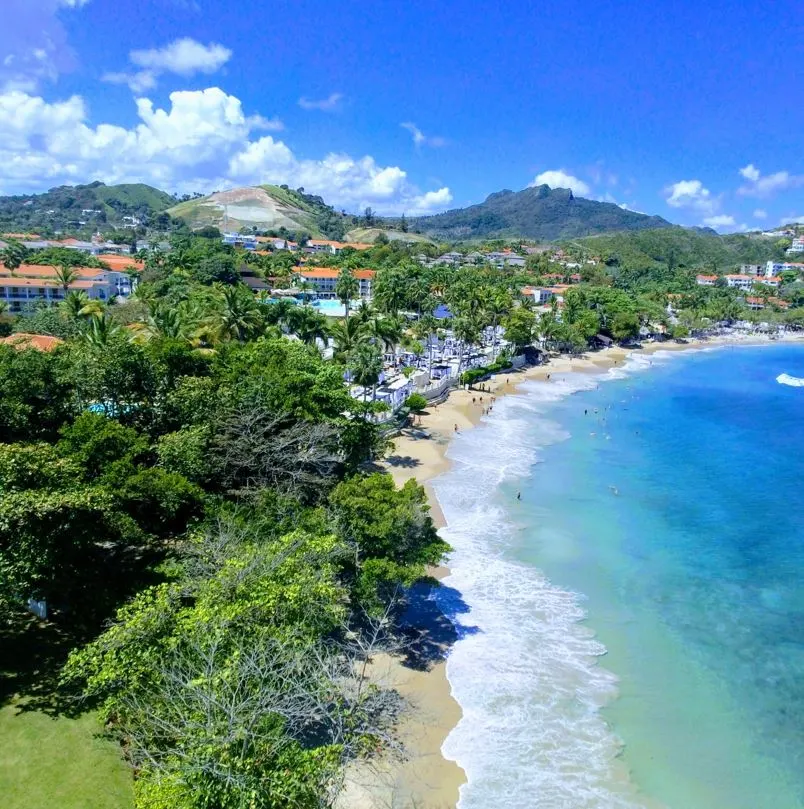
Whilst this mostly applies to the increased rate of petty theft and crime in tourist areas, the Centers for Disease Control and Prevention (CDC) has determined the Dominican Republic to have a low level of Covid-19. Therefore, American travellers are still permitted to visit the country, but they should be aware of the rise in cases and take precautions when necessary.
Currently, 72.7% of the Dominican population has been double vaccinated. As of May 9th, it is no longer mandatory to have a Covid vaccination passport or certificate to enter the country as a tourist, but it is highly recommended by health and government officials.
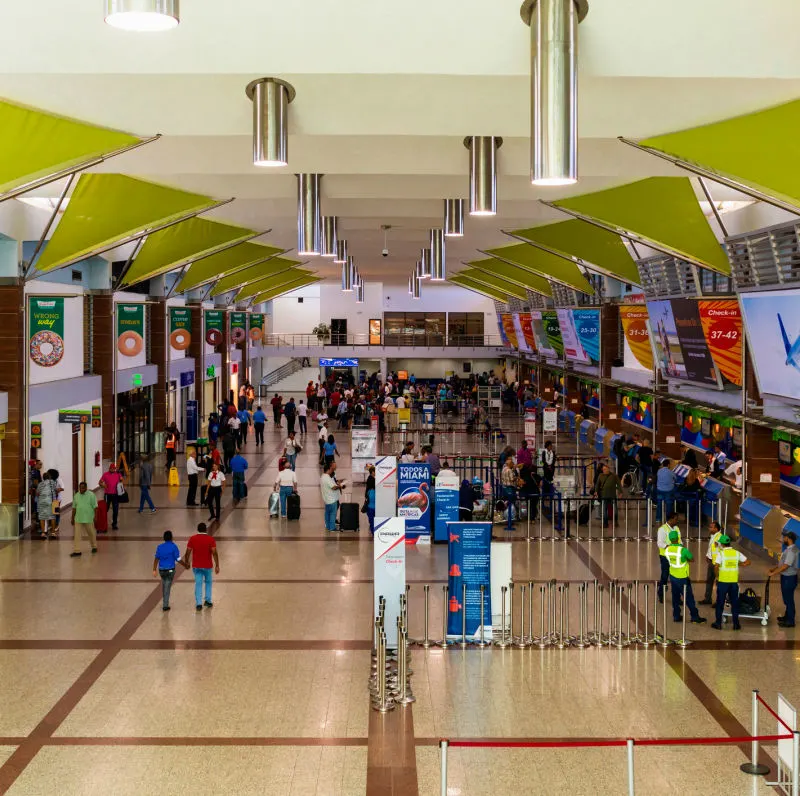
Upon entry, there are no testing requirements for vaccinated travellers, although unvaccinated travellers can be randomly selected for testing upon arrival at a Dominican airport.
Plan Your Next Dominican Republic Vacation:
Traveler Alert: Don’t Forget Travel Insurance For Your Next Trip!
Choose From Thousands of Dominican Republic Hotels, Resorts and Hostels with Free Cancellation On Most Properties
↓ Join the community ↓

Subscribe to our Latest Posts
Enter your email address to subscribe to Dominican Republic Sun’s latest breaking news affecting travelers, straight to your inbox.
